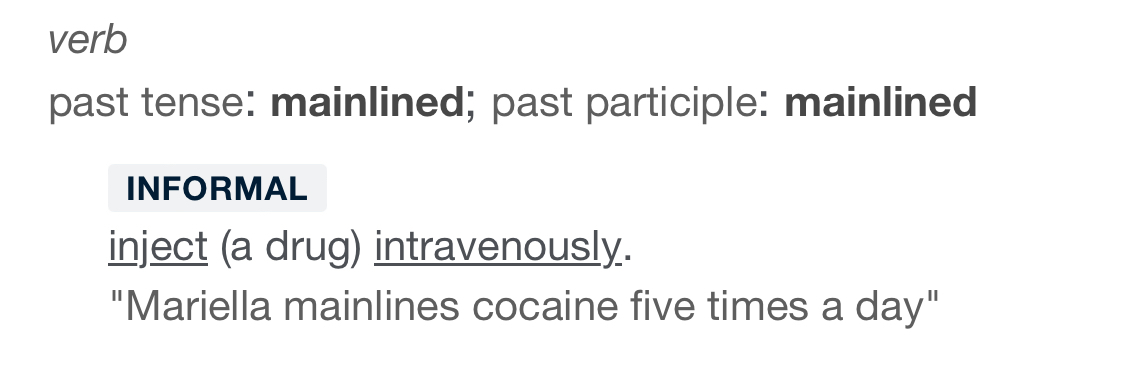Mainlined Science
Welcome, welcome, welcome!
This community is here to share the passion of science with anyone and everyone. We have a special interest in longevity science, but all STEM fields are appreciated. This is a place to share and discuss these topics in a respectful and open minded manner.
Rules
- No spam
- If posting articles ALWAYS include source material
- Be kind
What's with the name?

Like Mariella, we should all aim to mainline science at least five times a day.
Who are we? We are a normie that has a lot of freetime and a wicked smaaht postdoc.
What do we want? To share info from the scientific world with an emphasis in longevity science.
What's longevity science? This is the arm of science that looks into ways to promote a healthy and extended lifespan.
Wait, immortality? Nah. While that would be dope, immortality isn't necessarily the end goal. In terms of total lifespan we are a relatively long lived species, however, most people spend their older years living with debilitating age related conditions and diseases. Let's say Person A lives to be 96 years of age, but they spent twenty of those years bedridden. Whereas Person B lived to be 88 and was perfectly healthy up to the last minute before dying from a stroke. I'd argue that Person B had a healthier lifespan. Obviously, this is a very nuanced concept to breeze through, but the goal of this field is to find ways to extend our ability to live healthy lives without age related declines. Eventually the hope is for total lifespan to also increase, but for now living longer in good health is the real marker of longevity.
Now what? Have a fun topic you wanna discuss or learn more about? Make a post! Afraid you don't know enough to post or ask questions? Pffft! Ask away! Above all, you do you. And be kind.
